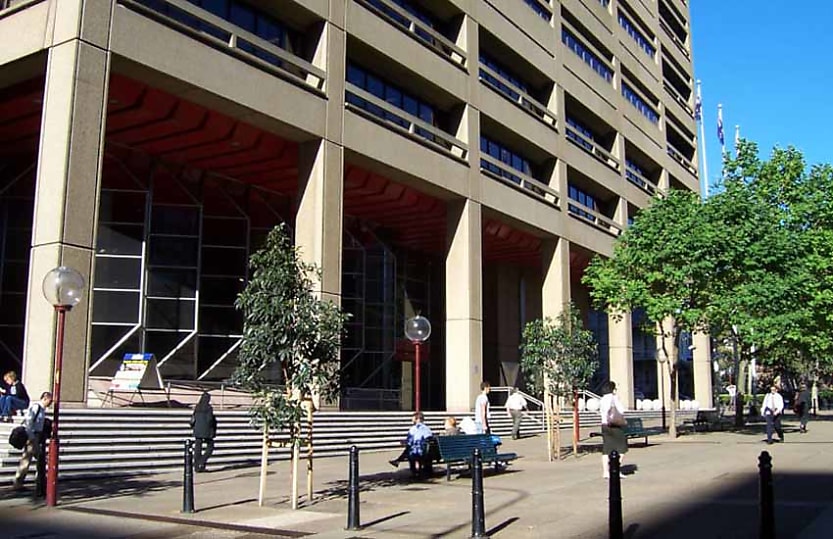Uber wins payroll tax case against Revenue NSW

The transportation company has successfully challenged six payroll tax assessments totalling $81,515,923 in the Supreme Court of NSW.
The Supreme Court of NSW has revoked six payroll tax assessments issued by the Chief Commissioner of State Revenue issued to Uber in a recent decision handed down last Friday.
In the recent decision, Uber Australia Pty Ltd v Chief Commissioner of State Revenue [2024] NSWSC 1124, plaintiff, Uber, applied to the court for a review of a decision by the Chief Commissioner to disallow Uber’s objection to six payroll tax assessments totalling $81,515,923.
The court noted that Payroll Tax Act 2007 imposes payroll tax on all taxable wages paid or payable by an employer. Taxable wages are those paid or payable by an employer for or in relation to services performed by an employee wholly in this jurisdiction.
Division 7 of the act, headed “Contractor provisions”, expands the scope of liability to pay payroll tax by capturing payments made by a person who, during a financial year, supplies services to another person under a contract (relevant contract) under which the first person (designated person) has supplied to the designated person the services of persons for or in relation to the performance of work.
The Chief Commissioner assessed Uber to payroll tax on the basis that the majority of amounts collected on behalf of drivers by Uber from riders and remitted to the drivers is taken to be wages, as amounts paid or payable for or in relation to the performance of work relating to a relevant contract.
Uber contended that its contracts with drivers are not relevant contracts under s 32(1)(b) because transportation services were provided by drivers, not to Uber, but to riders, and were provided, not under the drivers’ contract with Uber, but under the drivers’ contract with the rider.
Uber also argued that its arrangements with drivers and partners are excluded from the definition of relevant contract under one or more of the exclusions in s 32(2) in that:
- The work was ancillary to the use of goods, namely, a vehicle, which is the property of the driver (s 32(2)(a));
- Services were provided by drivers for less than 90 days or, in the aggregate, less than 90 days, based on a calculation which treats a day as 7.6 hours of actual driving time (s 32(2)(b)(iii)); and
- There are Uber drivers whose cars are also registered taxis or hire cars, thereby making them persons who ordinarily perform services of that kind (namely, providing driving services) to the public generally (s 32(2)(b)(iv)).
The rideshare company also said that amounts paid by it to drivers were not paid for or in relation to the performance of work under that contract, and thus are not taken under s 35(1) to be wages paid or payable by it.
In response to Uber’s contentions that its arrangements fall within one or more of the exclusions, the Chief Commissioner stated that under s 32(2B), the exclusions do not apply because under the contracts between Uber and drivers or partners additional services or work of a kind not covered by any of the relevant exclusions are supplied or performed.
In handing down his decision, Justice David Hammerschlag noted the arrangements such as the contracts used by Uber demonstrate that there are conceptual complexities in applying Division 7 to a system like Uber’s, the likes of which did not remotely exist when the Division was introduced.
Justice Hammerschlag concluded that:
- By Uber’s arrangements with drivers and partners, they have supplied to it the services of persons for or in relation to the performance of work within s 32(1)(b);
- Uber was supplied with services for or in relation to the performance of work that are ancillary to the use of goods which are the property of the driver or partner within the exclusion in s 32(2)(a), but s 32(2B) operates against it to take it out of the exclusion because it was supplied services that do not fall within one of the exclusions;
- With respect to some, but not all, arrangements between Uber and drivers and partners, services provided to Uber were provided for a period that did not exceed 90 days or for periods that, in the aggregate, did not exceed 90 days, in each financial year during the Relevant Period within the exclusion in s 32(2)(b)(iii). However, Uber does not get the benefit of this exclusion either, because of s 32(2B); and
- Amounts paid or payable by Uber to the drivers or partners were not for or in relation to the performance of work relating to a relevant contract within s 35(1) and are not taken to be wages paid or payable.
The effect of these findings, he said, is that Uber succeeded in challenging the assessments.
The court revoked all six assessments made by Revenue NSW against Uber.
About the author







